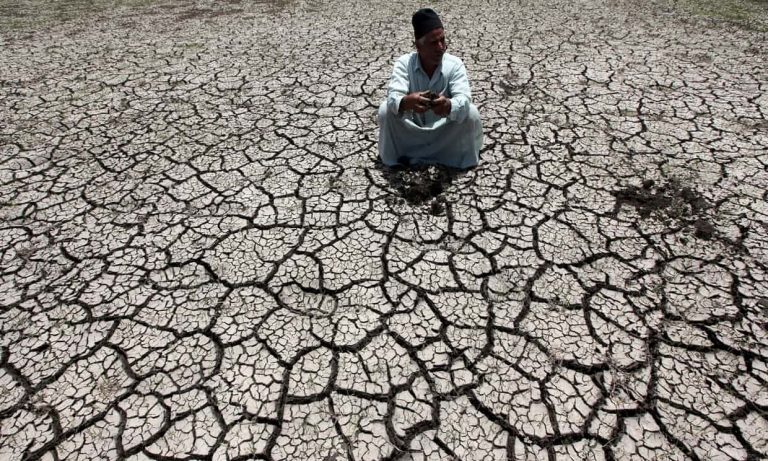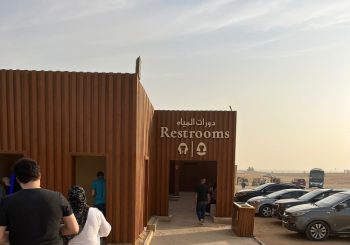The livelihoods of over half a billion people in the Middle East and North Africa (MENA) are under threat from climate change, according to a new World Economic Forum (WEF) report.
The report forecasts a four degrees Celsius rise in warming in the Middle East by 2050, an overwhelming difference from the agreed-upon one-and-a-half degrees Celsius limit in the 2015 Paris Agreement. According to the report research, temperatures in the region are rising at twice the global average rate.
With around half of the world’s confirmed oil reserves, the MENA region currently contributes to approximately 30 percent of the world’s oil production. Despite the warning by climate emergency scientists and researchers, OPEC predicts an increase in global energy demand “under all scenarios — with primary global energy demand to 2035 doubling”.
The report, “Closing the Climate Action Gap: Accelerating Decarbonization and the Energy Transition in MENA”, was published on October 18 and comes only weeks before the COP28 conference in Dubai.
Posing a threat to the livelihoods of the 575 million people who live in the region, climate shocks such as rising temperatures and prolonged droughts, could have serious effects on agriculture and liveability, as well as a compound effect on “MENA’s systemic issues”, the report stated.
In Egypt in particular, climate change has a significant impact on the livelihoods of farmers, with heat stress affecting humans, livestock, and crops. Heat stress may also mean declining productivity, taking a toll on other dimensions of heat-induced economic loss. Egypt will also have to confront the challenges posed by rising sea levels, erosion along its coasts, land subsidence, and rising soil salinity.
The WEF report finds that MENA countries trail behind comparable regions in terms of their sustainability progress. To that end, it provided a blueprint for decarbonization actions that could boost new economic opportunities.
The WEF advised Gulf nations “to focus on technology-based solutions that reduce emissions in challenging sectors, optimize consumption, transition to renewable energy, and implement carbon capture at scale”.
Meanwhile, it said that “non-Gulf countries should prioritize affordable energy, particularly in low-income areas, by increasing renewable energy usage, phasing out regressive fossil fuel subsidies and supporting carbon credit projects”.







Comment (1)
[…] post Livelihoods of Half a Billion Middle Easterners at Risk from Climate Change: WEF Report first appeared on Egyptian […]